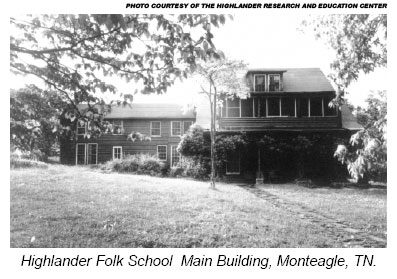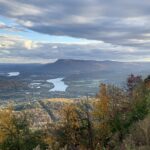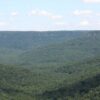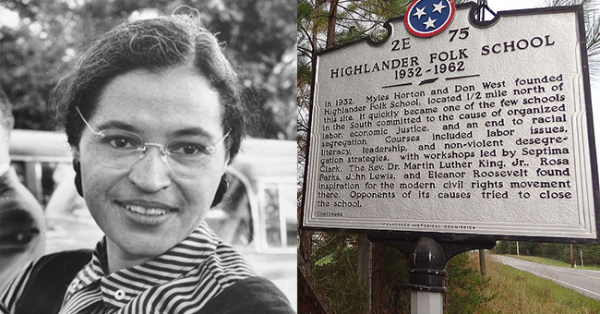
We Shall Overcome at the Highlander Folk School
The Highlander Folk School operated in Grundy County, Tenn., from 1932 to 1961 as one of the nation’s premiere non-violent training centers for labor union organizers and Civil Rights activists in the South.
For decades after the school was closed in 1961 and relocated to East Tennessee, all that remained was a historic marker on Hwy. 41 at its former entrance. However, many recognize the importance of this historic site and the need to tell its story..
For one, it was here that the song “We Shall Overcome” became the unofficial anthem for the Civil Rights Movement. The hymn has a long history, with input from many people and places, but the origins of the movement’s version are linked to the Highlander Folk School.
Zilphia Horton, music director at Highlander Folk School, first heard the song in 1946 from South Carolina tobacco workers. She was struck by the simplicity of the old spiritual and how one activist, Lucille Simmons, sang it very slowly and powerfully.
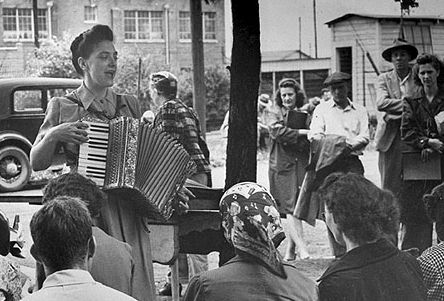
Horton introduced the song to folk singer Pete Seeger a decade later and he performed the most well-known rendition at the school’s 25th anniversary gathering. In the crowd were Dr. Martin Luther King, Jr., Rosa Parks, and the Rev. Ralph Abernathy. King was so moved by the song that he recited the lyrics in his final Memphis speech in 1968 just before his assassination. The hymn was also played during his funeral in Atlanta.
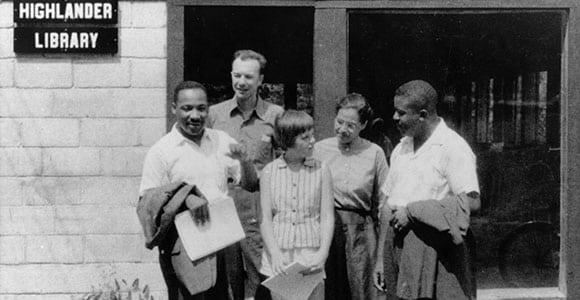
Through the years, “We Shall Overcome” has spread around the world, becoming one of the most well-known songs among social justice movements everywhere.
As for the Highlander Folk School, its legacy lives on in New Market, Tenn. as the Highlander Research and Education Center. In 2014, the Tennessee Preservation Trust purchased 8.5 acres of the old Grundy County campus, including the library where “Citizenship” workshops took place. The building has been restored to its original 1948 appearance and will open to the public for tours in the fall of 2020. To learn more, visit preservetn.org.
